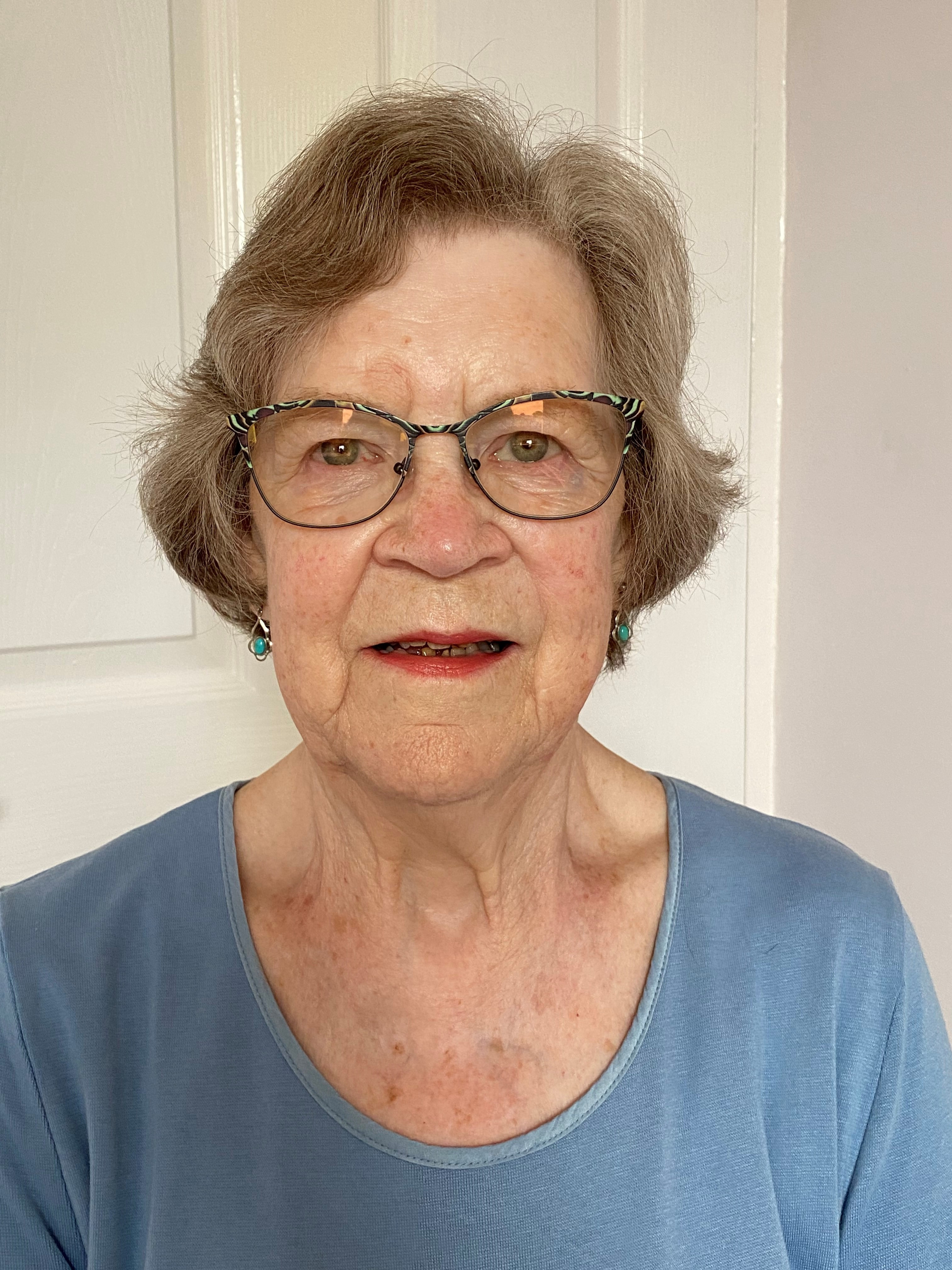
‘Miracle’ device gives Benita her life back
A grandmother who experienced terrifying blackouts that left her family fearing she was dead has had her life transformed thanks to East Kent Hospitals staff.
Benita Beales, 83, frequently passed out without warning, leading to injuries including a black eye and broken tooth.
Doctors initially suspected she had epilepsy, but after cardiology staff implanted a special device to monitor and record her heart rate they discovered she had an irregular rhythm - and at times her heart totally stopped.
After identifying the issue, they were able to fit a pacemaker and the grandmother of one, who lives in Lyminge, near Folkestone, has had no blackouts since.
She said: “I have no idea how it worked but I think it’s a miracle. I went in for the day to have the loop recorder fitted, and there was a device like a phone by my bed which sent messages to the hospital.
“After a few weeks the hospital called me and said they knew what the problem was and I needed a pacemaker, so I said great, when, and they said now! I went to the William Harvey Hospital that day to have it fitted and since then it hasn’t happened at all.”
The loop recorder device, developed by Medtronic, continuously records and stores data about a patients’ heart rhythm for up to five years, and can alert clinicians to any abnormalities. The data it collects is used to help physician diagnose and manage heart conditions. In the past it could only be fitted by specialist doctors but over the past four years, more than 1,000 have been fitted across East Kent Hospitals by skilled cardiac scientists and nurses.
Benita said: “Having the pacemaker has transformed my life. Before I had no idea when a blackout would happen, and I could be doing the washing up then I would wake up on the floor with the dog licking my face.
“One time we were sitting at the dinner table then I said I felt hot, and keeled over. My grandson thought I had died.
“Luckily I didn’t really know what was happening at the time but it was terrifying for my family. If I hadn’t had the recording device they might never have known what was causing it, so I am very grateful to the team at the William Harvey Hospital for everything they have done.”
The device is intended for patients who have unexplained sudden loss of consciousness, known as syncope, which affects more than 250,000 people a year nationally. But of those admitted to hospital for it, only half leave with a diagnosis.
Senior cardiac scientist Hannah Emerton said: “Syncope has a huge impact on people’s lives and can leave people afraid to go out by themselves in case they have an episode.
“The device is incredibly valuable because it records the heart rhythm constantly so we can see what was happening at the time of an attack – without it, we are left in the dark because often by the time someone comes to hospital their heart is beating normally.
“It means we can work out exactly what is causing the issue, and then we can start treatment so people can get back to living their lives without worrying about the fact they may collapse at any time.
“I’m delighted we were able to diagnose Benita’s heart problem and treat it with a pacemaker, and I’d encourage anyone who experiences unexplained fainting spells to speak to their GP for advice.”